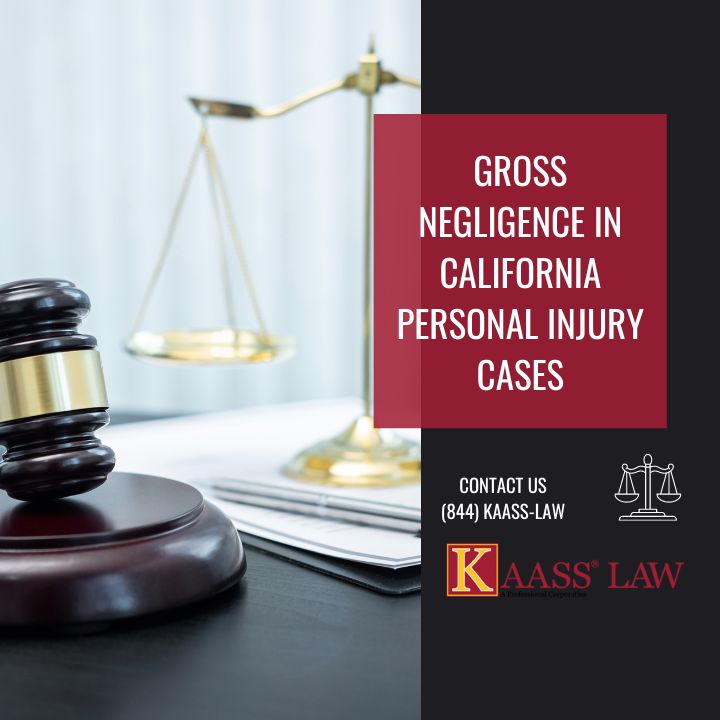To prevent harm to others, everyone should provide caution and care. In gross negligence, there is a disregard for other’s safety.
The definition of gross negligence is “the lack of any care or a gross deviation from what a reasonably careful person would do in the same situation to avoid harm to oneself or others.” according to CACI 425. A person who acts after failing to act can commit gross negligence.
Gross Negligence vs. Ordinary Negligence
In the circumstances involving ordinary negligence, the responsible party violates their duty of care in some way, leading to the harm or death of another person.
This is gross negligence when the responsible party shows extreme indifference to or reckless disdain for your safety. This type of negligence is much more severe than ordinary negligence since it offers excellent contempt for the lives of others and purposeful behavior.
- A medical professional is treating a patient improperly.
- A company that markets a product has a long history of hazardous flaws.
- We were driving quickly through a parking lot for a holiday sale.
How to Establish Gross Negligence in California?
Injury victims frequently wonder how they could demonstrate that the other party was responsible for causing their injuries. Gross negligence is more difficult to prove than ordinary negligence, but both can be established with a lawyer’s assistance by assembling a substantial amount of compelling evidence.
In general, proving negligence entails demonstrating that:
- The defendant had a duty of care to the plaintiff.
- The plaintiff’s injuries were caused by the defendant’s breach of reasonable behavior, intentional or negligent.
- The defendant ought to have been aware that this would be harmful.
A successful personal injury claim is probably possible when these criteria are available. You can provide proof of your damages as the injured party, including medical bills, missed wages, property damage, and more.
You will need proof that the person’s negligence went above and beyond ordinary carelessness to establish gross negligence instead of ordinary negligence.
Gross Negligence in a California Personal Injury Case
The legal repercussions are typically more severe than they would be for ordinary negligence since gross negligence implies a deliberate disregard for the safety of others. The court or jury could grant more significant compensatory damages for your injuries.
The prosecution may occur if the person was responsible for an illegal act. Criminal procedures are separate from your injury claim. However, an attorney can use the evidence of a criminal claim to prove gross negligence. If the third party will be found guilty they may differ some jail time.
Damages You Can Recover
The damages you can pursue in an injury case are still based on the injuries you incurred, their severity, and their consequences on your life. The following types of damages are possible in a negligence claim:
- Economic damages, including medical expenses, missed wages, company losses, etc.
- Non-economic damages, including emotional anguish or pain and suffering.
Punitive Damages and Gross Negligence
Punitive damages aim to penalize a defendant and hold the defendant up as an example to deter others from acting in the same way in the future. California Civil Code Section 3294 clearly outlines when punitive damages may be possible.
Kaass Law Experienced Attorneys Can Handle Your Claim
Make an appointment with Kaass Law attorneys today. We handle various personal injury cases, including negligent accident cases. Such cases are simply one of our many practices. We will help you understand your legal options to plan your next steps. Call us now: (310) 943-1171.

